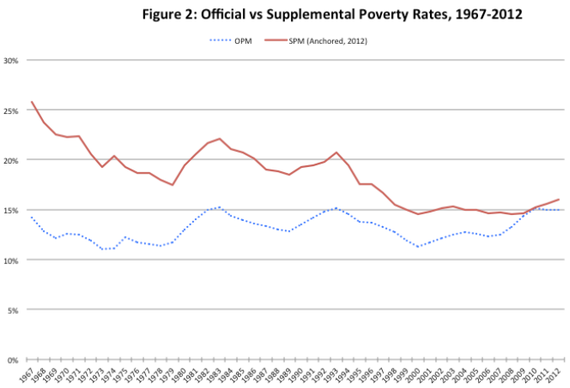1750Texan
DP Veteran
- Joined
- Feb 25, 2014
- Messages
- 3,780
- Reaction score
- 1,606
- Location
- Southcental Texas
- Gender
- Male
- Political Leaning
- Independent
The fatal flaw of liberalism, is that it must sacrifice the freedom of the individual for the state. Thats why even the term "liberal" is a misnomer. When it inevitably comes down to that choice-freedom or the state, the liberal chooses the state.
This is one of the skeletons in the closet the left needs to deal with. I'd like to think this election brought that home, but I doubt it-especially after the sad excuses Ive heard up to this point.
As a conservative you are an expert at personal freedoms. Only second to your knowledge of "liberalism". A well oiled thought machine.



